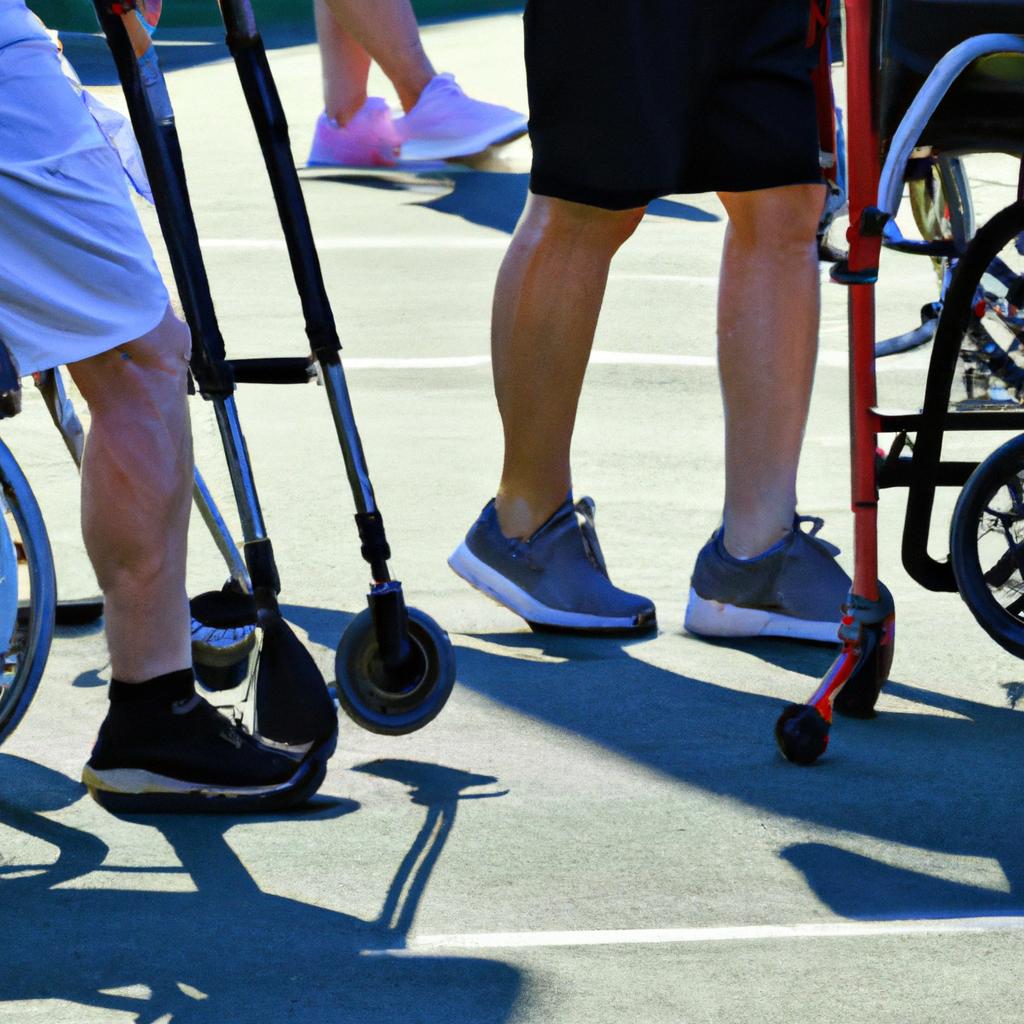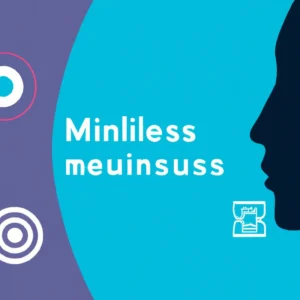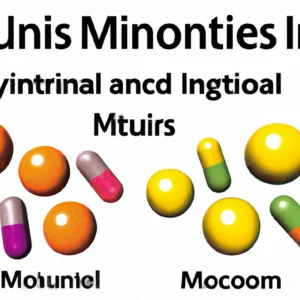**”The Impact of Adaptive Sports on Building Community and Social Connections for Individuals with Disabilities”**
# The Impact of Adaptive Sports on Building Community and Social Connections for Individuals with Disabilities
Adaptive sports have emerged as a powerful platform for fostering community and social connections among individuals with disabilities. These sports not only offer physical activity but also create a sense of belonging and camaraderie. In this blog post, we will explore the various ways adaptive sports contribute to social integration, highlight essential nutrition and exercise tips for athletes, and discuss the health benefits associated with participating in these inclusive activities.
## The Role of Adaptive Sports in Community Building
### Promoting Inclusion and Acceptance
Adaptive sports are designed to accommodate the diverse needs of individuals with disabilities, allowing them to engage in physical activities that might otherwise be inaccessible. By creating opportunities for participation, adaptive sports promote inclusivity and acceptance. When athletes with disabilities come together, they often find common ground, leading to meaningful friendships and support networks.
### Creating Social Networks
Participation in adaptive sports fosters social connections that extend beyond the playing field. Many athletes form lasting friendships through shared experiences, challenges, and triumphs. These social networks can provide emotional support, enhance personal growth, and improve overall well-being. As individuals engage in adaptive sports, they often discover a sense of belonging and community that can be transformative.
## Nutrition Tips for Adaptive Athletes
### Fueling the Body
Proper nutrition is essential for athletes of all abilities. For individuals participating in adaptive sports, a well-balanced diet can enhance performance and recovery. Here are some key nutrition tips:
1. **Prioritize Whole Foods**: Focus on whole grains, lean proteins, fruits, and vegetables to provide essential nutrients.
2. **Stay Hydrated**: Hydration is crucial, especially during physical activity. Drink plenty of water before, during, and after exercise.
3. **Balanced Meals**: Aim for meals that include a combination of carbohydrates, proteins, and healthy fats to sustain energy levels and optimize recovery.
4. **Consult a Professional**: Consider working with a registered dietitian who specializes in sports nutrition to create a personalized meal plan that meets your specific needs.
## Exercise Advice for Adaptive Athletes
### Finding the Right Activities
Choosing the right adaptive sport can significantly impact an athlete’s enjoyment and success. Here are some exercise tips for individuals with disabilities:
1. **Explore Different Options**: From wheelchair basketball to adaptive rowing, there are numerous sports to explore. Trying various activities can help find the best fit based on personal interests and abilities.
2. **Set Realistic Goals**: Establish short-term and long-term fitness goals to stay motivated. Celebrate small achievements along the way to maintain enthusiasm.
3. **Listen to Your Body**: Pay attention to physical cues and adjust the intensity of workouts as needed. Rest and recovery are vital components of any exercise regimen.
4. **Join a Team or Class**: Participating in group classes or joining a team can provide motivation, accountability, and a sense of community.
## Health Benefits of Adaptive Sports
### Physical and Mental Well-Being
Engaging in adaptive sports offers numerous health benefits that extend beyond physical fitness. Here are some key advantages:
1. **Improved Physical Health**: Regular participation can improve cardiovascular health, muscle strength, and flexibility. It also helps manage weight and reduce the risk of chronic diseases.
2. **Enhanced Mental Health**: Exercise is known to release endorphins, which can alleviate symptoms of anxiety and depression. The camaraderie built through adaptive sports can also combat feelings of isolation and loneliness.
3. **Boosted Confidence and Self-Esteem**: Achieving personal goals in adaptive sports can lead to increased self-confidence and a positive self-image. This empowerment can translate into other areas of life, fostering resilience and personal growth.
4. **Social Engagement**: As mentioned earlier, adaptive sports provide opportunities for social interaction. Building connections with peers can lead to improved emotional well-being and a greater sense of belonging.
## Conclusion
Adaptive sports play a vital role in building community and fostering social connections among individuals with disabilities. By promoting inclusion, encouraging healthy lifestyles, and enhancing both physical and mental well-being, adaptive sports create a supportive environment that empowers individuals. Engaging in these activities not only improves athletic performance but also cultivates friendships and strengthens social networks, leading to a more fulfilling and enriched life. Ultimately, the impact of adaptive sports extends far beyond the field, transforming lives and communities for the better.















Post Comment